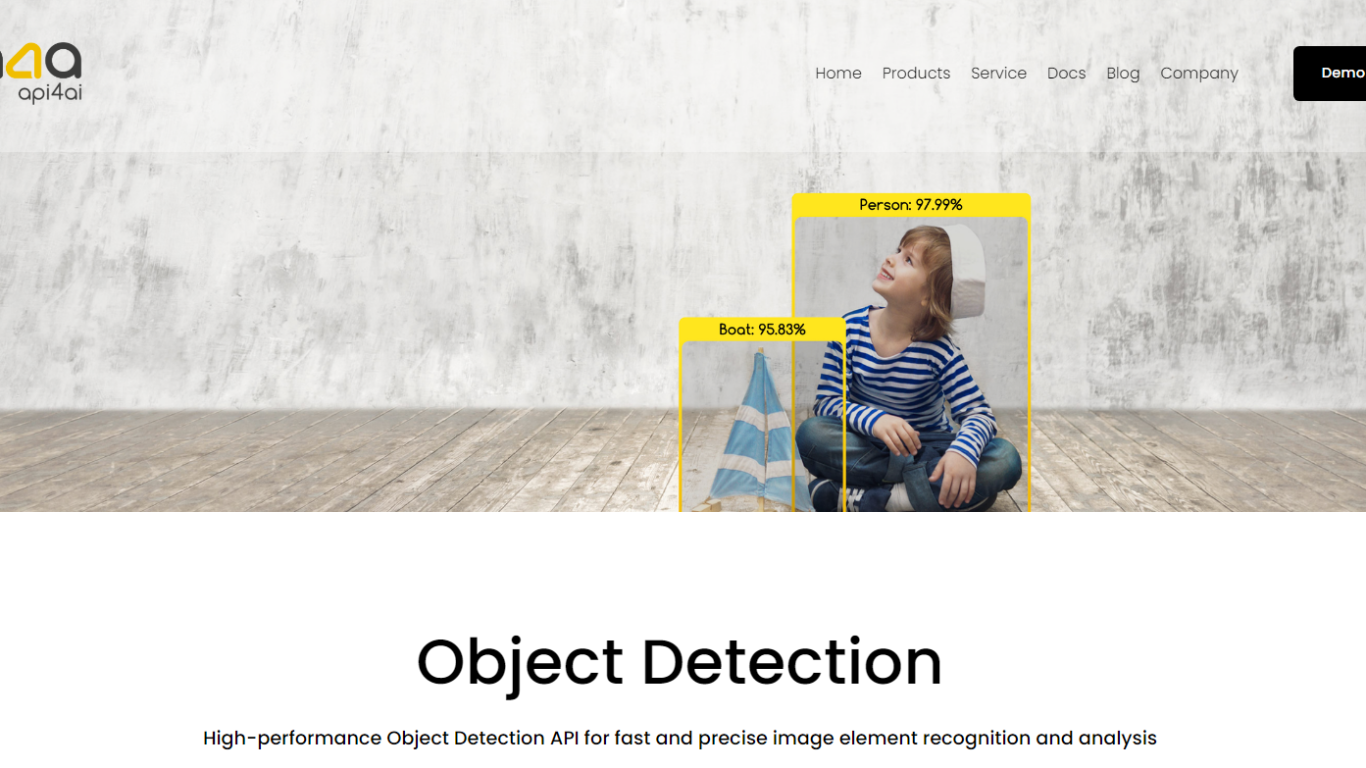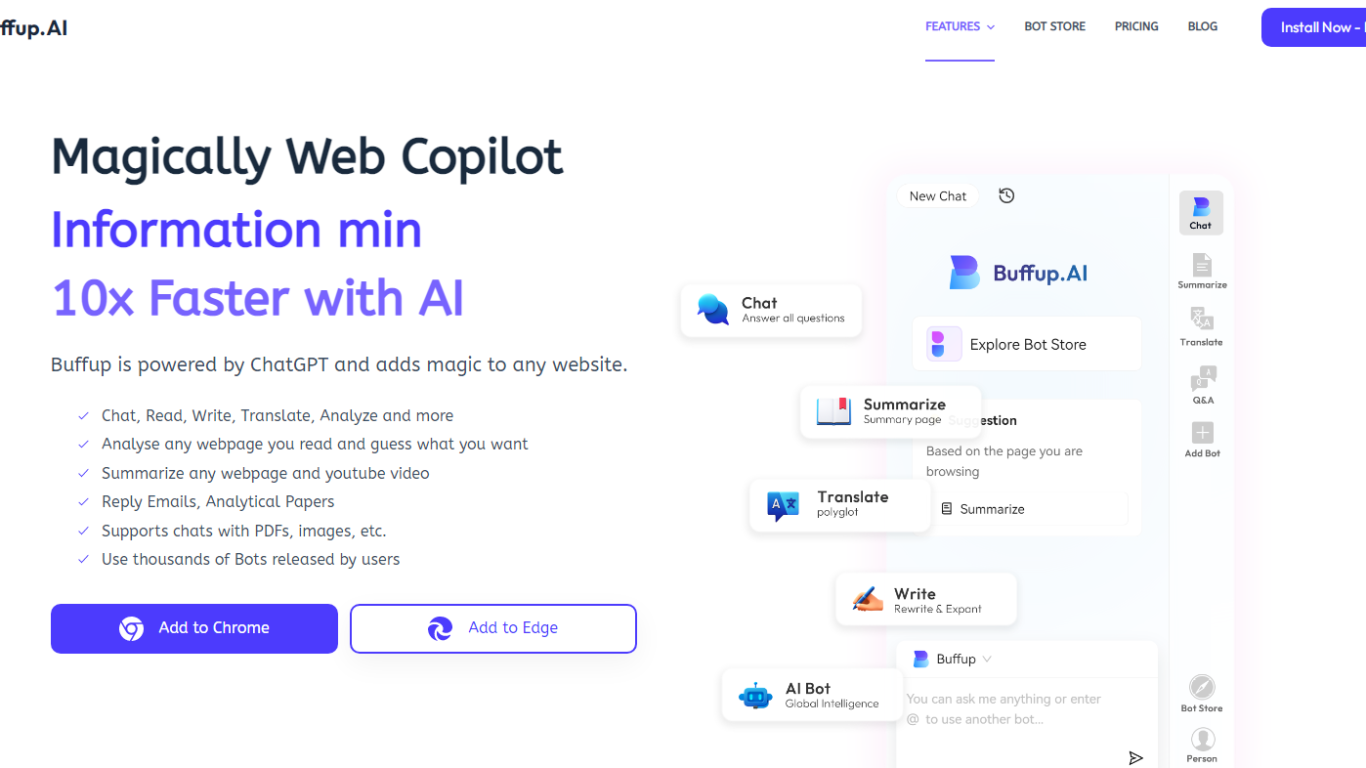What is Nyckel?
Nyckel is a platform designed to streamline the management of machine learning models at scale. It offers elastic pricing and an API-first approach, allowing users to easily deploy, scale, and retrain models without incurring additional costs. With features like active learning and integration with industry models, Nyckel simplifies ML workflows for efficient model management.
Key Features:
- Real-Time Retraining: Nyckel offers real-time retraining of machine learning models, ensuring they stay updated with minimal delay.
- Elastic Pricing: The platform features elastic pricing, eliminating per-hour charges and allowing users to deploy multiple models without worrying about incremental costs.
- API-First Approach: Nyckel provides an API for creating models, adding samples, and making requests, enabling easy integration into existing workflows.
- Automatic Retraining: Models auto-retrain after every change, typically completing the process in seconds, facilitating rapid iteration and improvement.
- Active Learning Tool: Nyckel includes an active learning tool that identifies actual requests for manual annotation, providing another avenue for improving model accuracy.
- Integration with Deep Neural Networks: The platform connects with over 100 deep neural networks, enabling parallelized fine-tuning, evaluation, and selection across various industry models.
- Streamlined Data Processing: Nyckel streamlines data processing with integrated annotation tools, corner case tracking, and production data capture.
- Scalability: Thanks to elastic inference infrastructure, Nyckel scales from day one, accommodating varying levels of demand without sacrificing performance.
- Customer Stories: The website showcases case studies of brands that have successfully utilized Nyckel to validate their ideas and improve processes, providing credibility and inspiration for potential users.
- Resource Accessibility: Nyckel provides various resources such as pricing details, pretrained classifiers, API documentation, and customer support to assist users throughout their journey.
Pros:
- Rapid Prototyping: Nyckel’s real-time retraining and elastic pricing facilitate rapid prototyping of machine learning ideas, allowing users to quickly iterate and experiment without significant upfront investment.
- Cost-Effective Experimentation: With elastic pricing and no per-hour charges, users can experiment with multiple models at no incremental cost, making it financially feasible to explore various concepts before committing resources.
- Automated Model Maintenance: The platform’s automatic retraining feature ensures that models stay updated with minimal effort, saving users time and resources typically spent on manual maintenance tasks.
- Seamless Integration: Nyckel’s API-first approach enables seamless integration with existing workflows and systems, allowing developers to incorporate machine learning capabilities without disrupting their current processes.
- Active Learning Assistance: The active learning tool identifies actual requests for manual annotation, providing valuable feedback to improve model accuracy without the need for extensive manual intervention.
- Diverse Model Options: Nyckel’s integration with over 100 deep neural networks offers users access to a wide range of industry models, empowering them to choose the most suitable model for their specific use case.
- Scalability from Day One: Thanks to elastic inference infrastructure, Nyckel scales effortlessly from the outset, ensuring consistent performance regardless of the volume of requests or data processing requirements.
- Transparent Validation Process: The platform’s customer stories highlight real-world use cases and success stories, offering transparency and validation to potential users seeking assurance of Nyckel’s effectiveness.
Cons:
- Limited Model Customization: While Nyckel offers access to a variety of industry models, users may find the level of customization options limited compared to platforms that allow for more extensive fine-tuning of model parameters and architectures.
- Dependency on Nyckel’s Infrastructure: Users may become overly reliant on Nyckel’s infrastructure for model training and deployment, potentially leading to vendor lock-in and reduced flexibility in migrating models to other platforms or environments.
- Potential Privacy Concerns: Since Nyckel abstracts much of the backend work, users may have limited visibility and control over data processing and privacy measures, raising concerns about data security and compliance with regulatory requirements.
- Learning Curve for New Users: Despite its user-friendly interface, Nyckel may still have a learning curve for users who are unfamiliar with machine learning concepts or the platform’s specific workflows, potentially slowing down initial adoption and productivity.
- Limited Model Evaluation Metrics: While Nyckel emphasizes real-time retraining and rapid prototyping, users may find the platform lacking in comprehensive model evaluation metrics and monitoring tools, making it challenging to assess model performance accurately.
- Reliance on External Deep Neural Networks: While Nyckel integrates with over 100 deep neural networks, users may encounter limitations in terms of model availability or compatibility with specific use cases, potentially restricting their options for model selection and experimentation.
- Potential Overreliance on Automation: Nyckel’s emphasis on automation, such as automatic retraining and active learning, may inadvertently lead users to overlook the importance of manual validation and human oversight in ensuring model accuracy and reliability.
- Limited Community Support: Compared to larger machine learning platforms, Nyckel may have a smaller user community and less extensive documentation and support resources, making it challenging for users to seek assistance or collaborate with peers effectively.
Who is Using Nyckel?
Nyckel is being utilized by a diverse range of professionals and organizations seeking efficient and cost-effective solutions for machine learning experimentation and implementation. Developers and product managers are leveraging Nyckel’s rapid prototyping capabilities to test and validate machine learning ideas quickly, enabling them to iterate and refine their models with minimal effort. Additionally, businesses across various industries, including technology, e-commerce, and content moderation, are adopting Nyckel to streamline their processes and improve operational efficiency. These users appreciate Nyckel’s elastic pricing, real-time retraining, and API-first approach, which make it accessible and straightforward to experiment with new models and integrate them into existing workflows. With success stories showcasing significant returns on investment and efficiency gains, Nyckel is attracting a growing user base of forward-thinking individuals and organizations seeking innovative solutions in the field of machine learning.
Summary:
Nyckel is an innovative machine learning platform designed to streamline the process of prototyping, testing, and implementing machine learning models. With its emphasis on real-time retraining, elastic pricing, and API-first approach, Nyckel empowers developers, product managers, and businesses to rapidly experiment with new ideas and integrate machine learning capabilities into their workflows. The platform offers seamless integration with over 100 deep neural networks, automated model maintenance, and active learning tools to enhance model accuracy and efficiency. Despite potential limitations such as limited customization options and dependency on Nyckel’s infrastructure, the platform’s user-friendly interface and success stories from various industries highlight its effectiveness in driving cost-effective experimentation and innovation in machine learning. Overall, Nyckel serves as a valuable tool for individuals and organizations seeking to stay at the forefront of machine learning advancements and unlock new opportunities for growth and optimization.





